Community Development Block Grant (CDBG)
The Community Development Block Grant (CDBG) is one of the largest federal programs that supports neighborhood stabilization and improvements in Jackson. The Office of Housing and Community Development (OHCD) manages CDBG funds to benefit low- and moderate-income residents, improve infrastructure, and expand community services.

